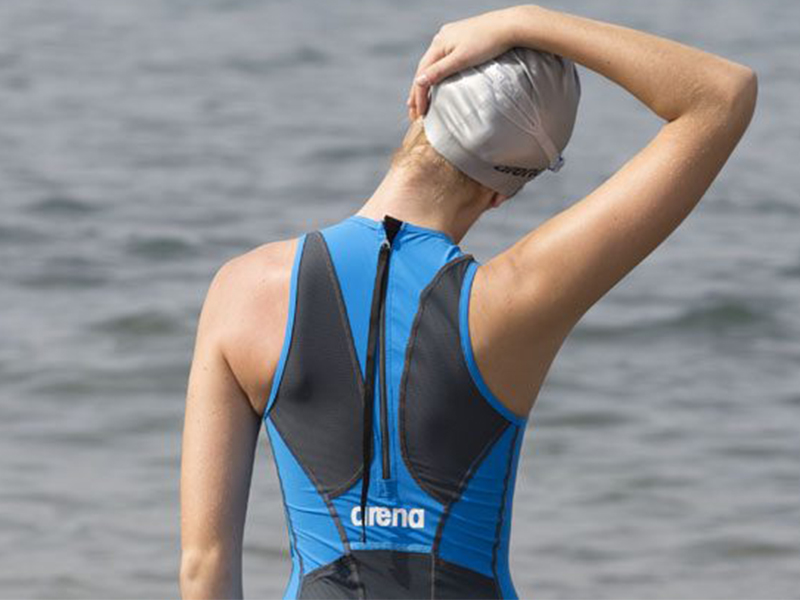Even for triathletes the time has finally come to take a well-earned rest.
The season has finally come to an end and, after taking stock of the season that has just gone by, you can take a well-earned rest and start to plan for next season.
- The first thing to do is to regenerate your body and mind. The triathlon season is extremely long and tiring. It begins in February/March with the first duathlon races or even earlier that those taking part in winter triathlons and only ends at the beginning of the autumn. The most sensible thing for a triathlete who has been competing all season to do is to take a rest. Rest is the first kind of training for next season.
- The second thing is to carefully analyse what you did last season. Did you achieve your season’s goal? What worked? What didn’t? As we have often advised, an athlete should always keep a “training diary” for taking notes about their training sessions, times, feelings and any problems etc…. In other words, anything that might be useful in future.
- The third thing is to set a goal, focus on it and begin to think about how you can achieve it. Can you achieve what you want on your own? Do you need a coach/trainer? How long have you got to achieve it? Is this a challenging or overwhelming goal?
Now at this point, we would like to give you some practical advice to help you tackle next season to the best of your ability.
1. Swim lots.
As we know and have said many times, the swim is the Achilles’ heel of most triathletes. What is the best thing to do to improve your swimming? Swim lots! More swimming sessions will help improve your technique, increase your training load, and allow you to stress different metabolic systems.
2. Strength training.
This is something extremely important to work on at the end of the season ready for next year. Strength training will allow you to improve both technically and in terms of your performance in the water, on the bike and running. Get organised so that you do at least two gym sessions a week. Find a good trainer who knows about endurance sport and triathlon and begin preparing for next season as best possible.
3. Try out different training methods.
This third tip comes with a caveat: make sure you get a coach, don’t improvise. The beginning of the new season might be the best time to try out new training methods. For example, you and your coach might decide to focus more on quality work and on increasing the length of time you can perform at your V02max. This will certainly mean a decrease in your overall training load, but it might really improve your performances in the long run.
The key to effective off-season training is to find the right balance between an ambitious training plan and your own characteristics.
Identify your strengths and work on them, identify your weaknesses and try to improve on them during the first part of the season.
Not all you have got to do is…train!
